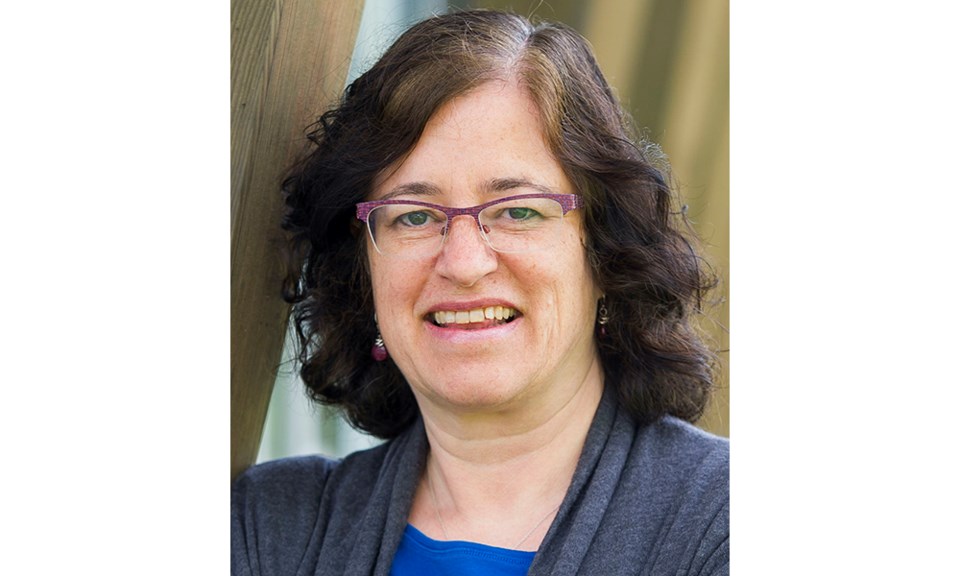It’s a confusing time in the COVID-19 pandemic in B.C.
Masks are optional. Vaccine cards are no longer required. Gatherings can resume, without limits. Pubs and nightclubs are back open. Negative tests are no longer required to return to Canada if you’ve been away.
Meanwhile, wastewater testing for COVID-19 shows our levels are just as high as they were in late January and they’re increasing. Canada’s chief public health officer, Dr. Theresa Tam, said this week that transmission is “sharply rising” across the country, and that severity is also increasing.
“We are experiencing the upward surge of cases right now,” Dr. Tam said this week. “There is an increase being seen in most areas across Canada.”
Everyone eligible should get their booster shot, Dr. Tam said. B.C. is now advising a second booster for anyone older than 70, Indigenous people older than 55 and anyone living in long-term care, as long as it has been six months since their first booster shot.
B.C. is now reporting on COVID-19 only weekly, instead of every weekday. The format of the report has changed, making it difficult to compare to previous statistics. For the week ending April 9, there were 1,770 cases reported, or about 252 per day. That’s up about four per cent from the week before. There were 233 hospital admissions (about the same as the week before) and 23 deaths, reported as 30-day, all-cause mortality after a positive COVID test. Remember though, that all these numbers are skewed because only people who might be eligible for COVID-19 drug treatments are eligible for official tests, so the numbers are vastly under-reported.
Hospitalizations and deaths are down from their late-January peaks, but they’re on the upswing again. The pandemic isn’t over.
I attended my first funeral for someone who died from COVID-19 this week. This was a man in his seventies who had a previous organ transplant and who caught COVID-19 while in the hospital for something else. I coached softball with him and it was hard to believe we coached together through two pandemic ball seasons, but after all the sanitizing and masking, he caught COVID in a medical setting. So sad.
The BC COVID-19 Modelling Group, a group of B.C. academics and scientists, says the second Omicron wave, fuelled by the more infectious BA2 variant, is starting in B.C. They point out that health care workers were among the first to receive booster shots in B.C., so their immunity could be waning. The same would be true of people older than 80 or in long-term care. They say we are in the “most uncertain point so far in the pandemic for modelling,” due to a lack of reliable data.
“We have little information about the total number of recent infections and the extent of immunity going into the second Omicron wave, making it challenging to predict the height of the BA.2 wave,” the group says.
They report that testing on donated blood suggests that as many as one million British Columbians may have had COVID-19 in January and February of this year.
Where does this leave us? Should we be gathering? Should we keep our masks on? If we’ve already had COVID-19, can we relax? Is travel safe? What about going to a restaurant or a movie?
All good questions, with uncertain answers.
On the plus side, rapid tests are now plentiful and anyone in B.C. can pick up five free tests every 28 days at their pharmacy. How effective the tests are at detecting the new variant is uncertain, but still, it seems prudent to test if you have any symptoms. Even if the test is negative, please wear a mask or, better yet, stay home if you do have any symptoms. Even if it just feels like a cold, it could be COVID.
Dr. Tam said high-risk people should make arrangements to get anti-viral COVID-19 medications before they get sick.
She also urged Canadians to layer precautions over this long weekend.
“All across Canada, doesn’t matter where you are, it’s very likely that the Omicron variant, the BA.2 sub-lineage is spreading quite widely in your community,” she said. “It doesn’t matter where you are in Canada, I would advise getting that booster shot, masking and improving ventilation. That should be helpful for everyone trying to figure out the risk assessment.”
Be careful, everyone. COVID-19 is a wily virus and, despite the relaxation of official rules, we are still in very uncertain times.

